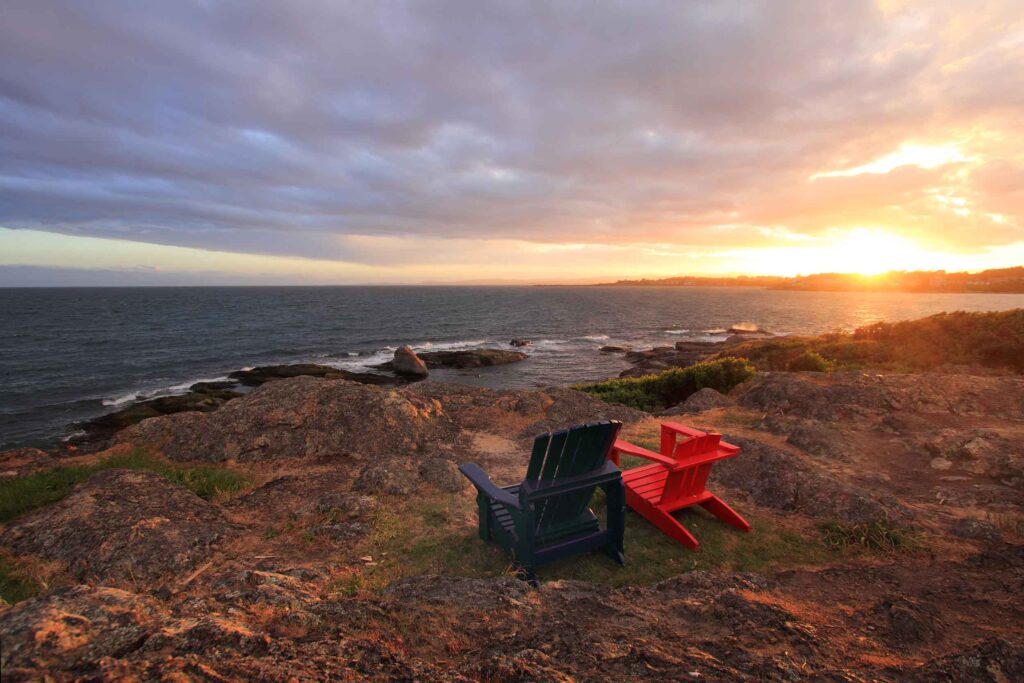Two key factors commonly determine how successful a printed paper and packaging (PPP) recycling program will be in meeting its recovery targets:
- Simplicity for householders – communicating the materials accepted in the collection system clearly and in a way that residents can easily understand
- Efficient materials handling – how well the materials can be collected, sorted at a materials recycling facility (MRF) and prepared for recycling end markets to be used again
Balancing these two requirements is very important.
MMBC’s Draft PPP Stewardship Plan proposes that a common and expanded list of PPP be included in collection programs across the province. This will be the first time in Canada that such an expanded list of PPP will be including in a recycling collection program province-wide. It will mean communications to householders will be consistent, reducing confusion among residents, and should lead to more PPP being collected and recycled.
During discussions with collectors and processors while preparing the Draft PPP Stewardship Plan, MMBC has asked for advice on how three specific types of PPP might best be managed: polystyrene (PS) foam packaging; plastic film, and glass.
Processing PS foam packaging in a MRF is disruptive. The material is very light, tends to “fly off” conveyor lines and breaks into pieces which can become trapped within other PPP, creating material quality problems for recycling end-markets. Consequently, MMBC is proposing that PS foam packaging be collected only at depots so that PS foam is handled at MRFs in a segregated stream.
Plastic film can also be challenging to effectively sort at MRFs. If plastic film is bagged separately by residents and is removed at the very front end of a MRF processing line, the problems can be mitigated but are not entirely eliminated. Plastic film becomes tangled around equipment, causing processing down-time, and becomes trapped within other PPP, creating material quality problems for recycling end-markets. Collecting plastic film also represents a resident education challenge as some films are recyclable (e.g. grocery and dry cleaning bags) while others are not (e.g. stand-up pouches, meat and cheese wraps). Direct interaction between depot operators and residents may help to address these potential education challenges and minimize contamination of recyclable plastic film through resident confusion. Consequently, MMBC is proposing that plastic film be collected only at depots.
Data compiled during MMBC’s assessment of the current PPP system suggests that glass containers represent less that 2% of the 200,000 tonnes of PPP materials recycled in BC in 2011. These glass packages are in addition to the glass beverage containers currently directed to depots under the deposit-return system.
When glass is collected at curbside, whether commingled with all PPP in a single stream program or whether commingled with other packaging in a multi-stream collection program, glass breaks and becomes trapped within other PPP, creating material quality problems for recycling end-markets. Glass fragments and grit are abrasive to processing equipment and represent a hazard to collection and processing staff. Currently, there is a very limited market for collected glass with most glass collected at the curb in BC used as an aggregate substitute at landfills, which is a low value use.
Recognizing these issues, some BC recycling programs have worked successfully with their residents to remove glass from curbside programs and to collect this material separately at depots. MMBC is asking stakeholders whether the MMBC stewardship program should work with BC residents currently receiving curbside collection of glass to shift collection to depot.
Please share your opinions and ideas with us about how you think these three materials – PS foam packaging, plastic film and non-deposit glass containers – can best be managed in BC recycling programs in the future.




